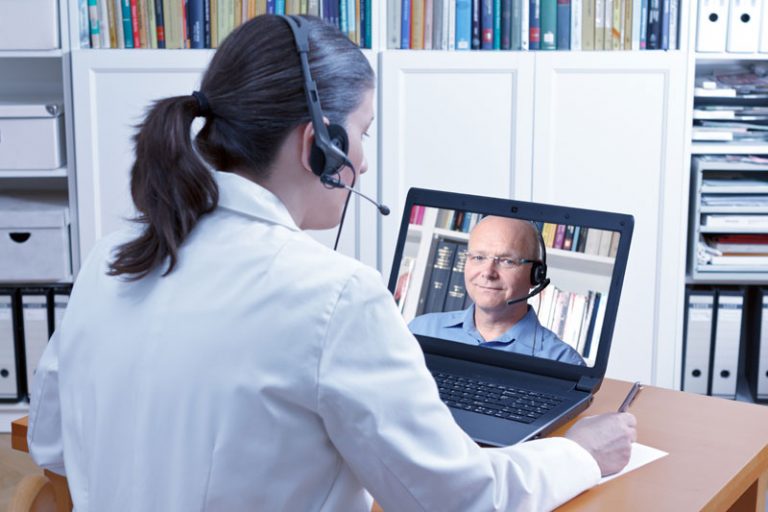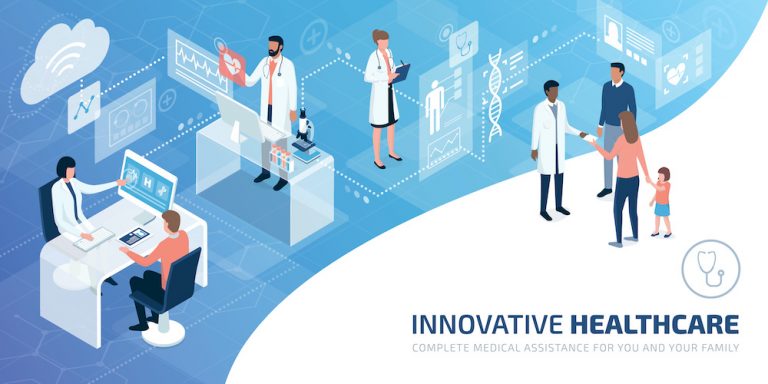Access to healthcare is what makes medicine relevant. Breakthroughs in cell and gene therapy, immuno-oncology, and genetic profiling become meaningful when we maximize the number of people who may benefit from them.
Dr. Janet Woodcock (FDA) presents integration of Expanded Access into healthcare

Access to healthcare includes a basic need for “primary care”, which means qualified providers of preventative, routine, and emergency care for a wide range of common health conditions. People also need “specialty care”. More than a million families in the U.S. have a child fighting a serious rare disease. On top of that, not-so-rare neurodegenerative conditions like Parkinson’s and Alzheimer’s diseases affect another 10 million Americans. These conditions, in addition to advanced cancer, heart disease, and stroke touch nearly everyone in the world and require “specialty care”. Fighting a disease with no known cure demands the very best practices and medicines available.
Access to healthcare also means access to exploratory medicines. Anyone who watches TV knows that clinical trials of new treatments are the best hope (and sometimes only hope) for someone diagnosed with a fatal illness. What the Netflix show may not tell us is that the clinical trial enterprise was not built for providing exploratory treatment to a meaningful number of patients. Instead, clinical trials are meant to study how a new product works in a small sample of the disease population.


Expanded Access was created for this. Regulations enable a streamlined, relatively inexpensive way to provide exploratory treatment options to the patients and doctors who cannot participate in clinical trials. When the President of the United States received Expanded Access to an antibody-based COVID-19 vaccines treatment, the CEO of the pharmaceutical company said “Expanded Access is just for small numbers of patients.” He was wrong. It’s for very large numbers of patients. Potentially massive numbers of patients.
Expanded Access programs for investigational drugs in AIDS and cancer have enrolled 20,000+ patients per program. Why not COVID-19?
Access to Healthcare: Doing more with the science that already exists.
Achieving true access to healthcare requires well-informed healthcare providers and life-science partners. It also requires that Medicare and private payer systems acknowledge the role of Expanded Access in the treatment plan for those who face the most serious diseases.
Necessary cookies are absolutely essential for the website to function properly. This category only includes cookies that ensures basic functionalities and security features of the website. These cookies do not store any personal information.
Any cookies that may not be particularly necessary for the website to function and is used specifically to collect user personal data via analytics, ads, other embedded contents are termed as non-necessary cookies. It is mandatory to procure user consent prior to running these cookies on your website.